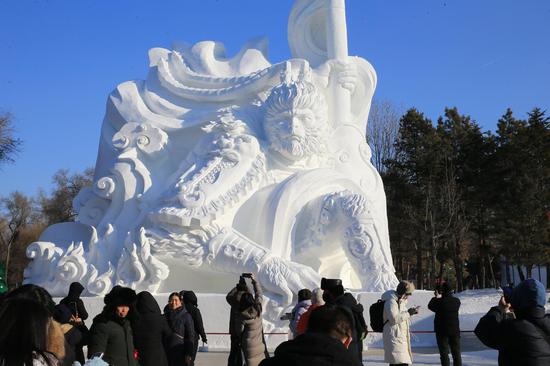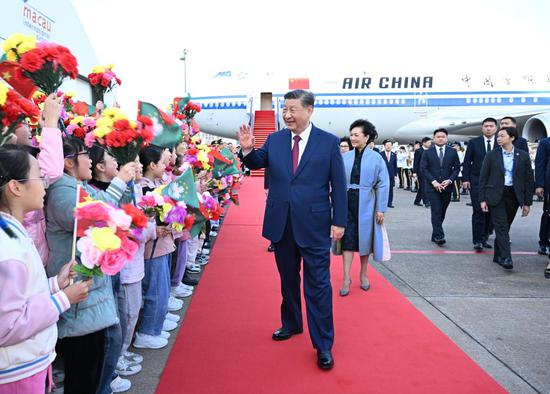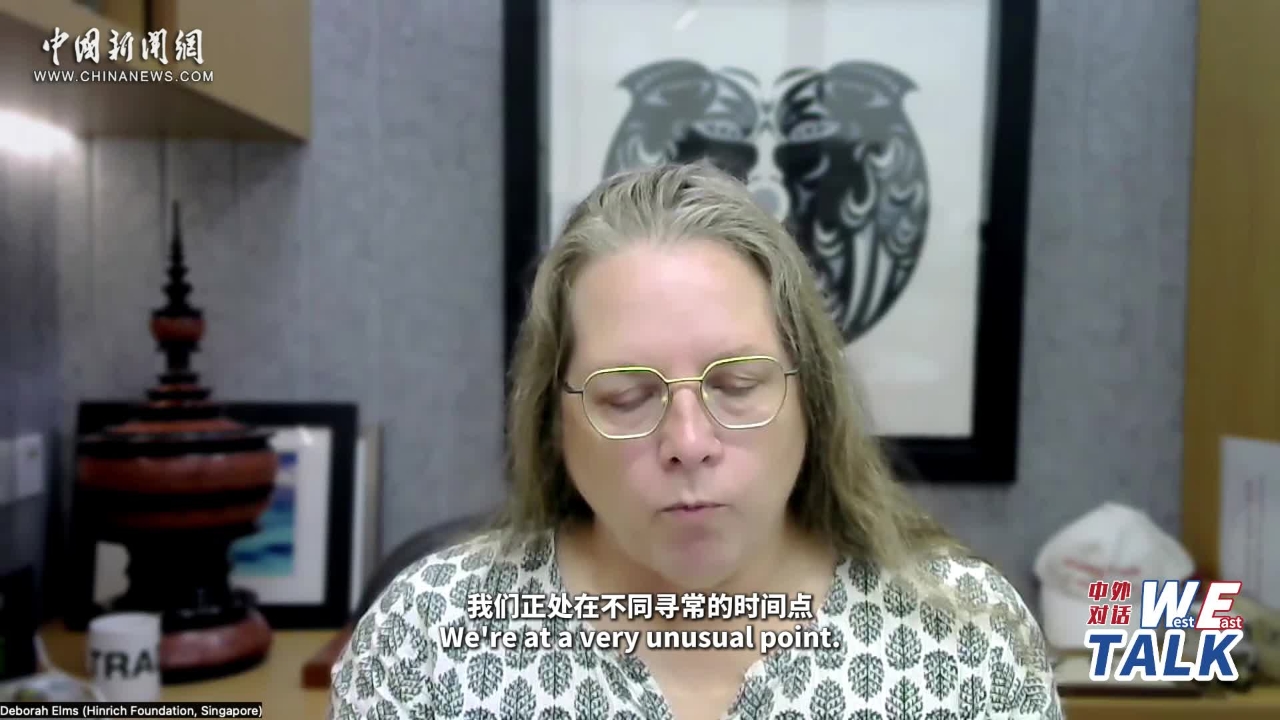The H1N1 strain of influenza A is the predominant flu virus circulating in Beijing this season, health experts said, as the city grapples with a later-than-usual flu season that began emerging in December.
Li Tongzeng, a doctor with the infectious diseases department at Beijing YouAn Hospital, said no new strains of respiratory infectious diseases have been identified so far.
"The northern regions usually see heightened flu activity from November to March," Li said. "This year, the flu season arrived later, with a significant rise in cases since mid-December."
Li noted that while the number of flu cases in Beijing has risen significantly, it remains lower than in the previous two years. Symptoms like dizziness, headaches, fatigue and muscle aches are common with respiratory infections, he added.
The flu, though often more severe than other respiratory infections, is self-limiting for most people with normal immune function and typically resolves within five to seven days.
However, elderly individuals, infants, pregnant women and obese individuals with weakened immunity face a higher risk of severe complications, Li warned.
Early use of antiviral drugs within 48 hours of symptom onset can shorten the illness, reduce severe complications and lower transmission risks, he said.
The Chinese Center for Disease Control and Prevention reported increased acute respiratory infections nationwide, including a rise in human metapneumovirus infections. Between Dec 2 and 8,40 flu-like outbreaks were reported, and flu virus detection rates have increased in northern and southern provinces.
HMPV, a relatively new virus discovered in 2001, is being increasingly identified due to expanded monitoring efforts, Li said. The virus causes acute respiratory infections and can lead to bronchiolitis, asthma and pneumonia, particularly in infants, young children and those with weakened immune systems.
"Symptoms of HMPV are similar to the flu, making it difficult to distinguish between the two without specific testing," Li said.
Wang Chen, president of the Chinese Academy of Medical Sciences, emphasized the prevalence of winter respiratory infections at a recent National Health Commission press conference.
"Mild symptoms like a sore throat or runny nose usually don't require hospital visits," Wang said. "Home care is recommended to avoid cross-infections."
dujuan@chinadaily.com.cn


















































 京公网安备 11010202009201号
京公网安备 11010202009201号